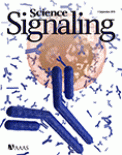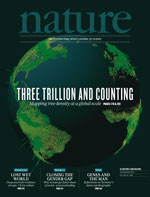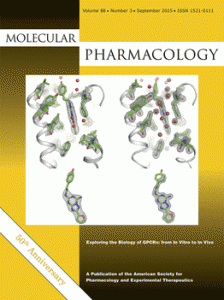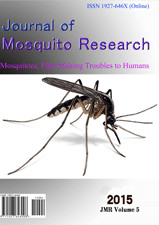Plant researcher Jaime A. Teixeira da Silva has been banned from submitting papers to any journals published by Taylor & Francis. The reason: “continuing challenges” to their procedures and the use of “inflammatory language.”
This is the second time Teixeira da Silva has been banned by a publisher — last year Elsevier journal Scientia Horticulturae told him that they refused to review his papers following “personal attacks and threats.”
Apparently, Taylor & Francis has too become frustrated with Teixeira da Silva’s communication strategy. Anthony Trioli, from Taylor & Francis, told Teixeira da Silva in an email (to which Teixeira da Silva copied us on his reply) that they would no longer accept his papers:




 A paper containing data fudged by former University of California San Francisco grad student Peter Littlefield has been corrected. We knew that this was coming — last month,
A paper containing data fudged by former University of California San Francisco grad student Peter Littlefield has been corrected. We knew that this was coming — last month, 

 Another retraction and a correction that retracts two figures — ie, a partial retraction — have been posted for
Another retraction and a correction that retracts two figures — ie, a partial retraction — have been posted for 
